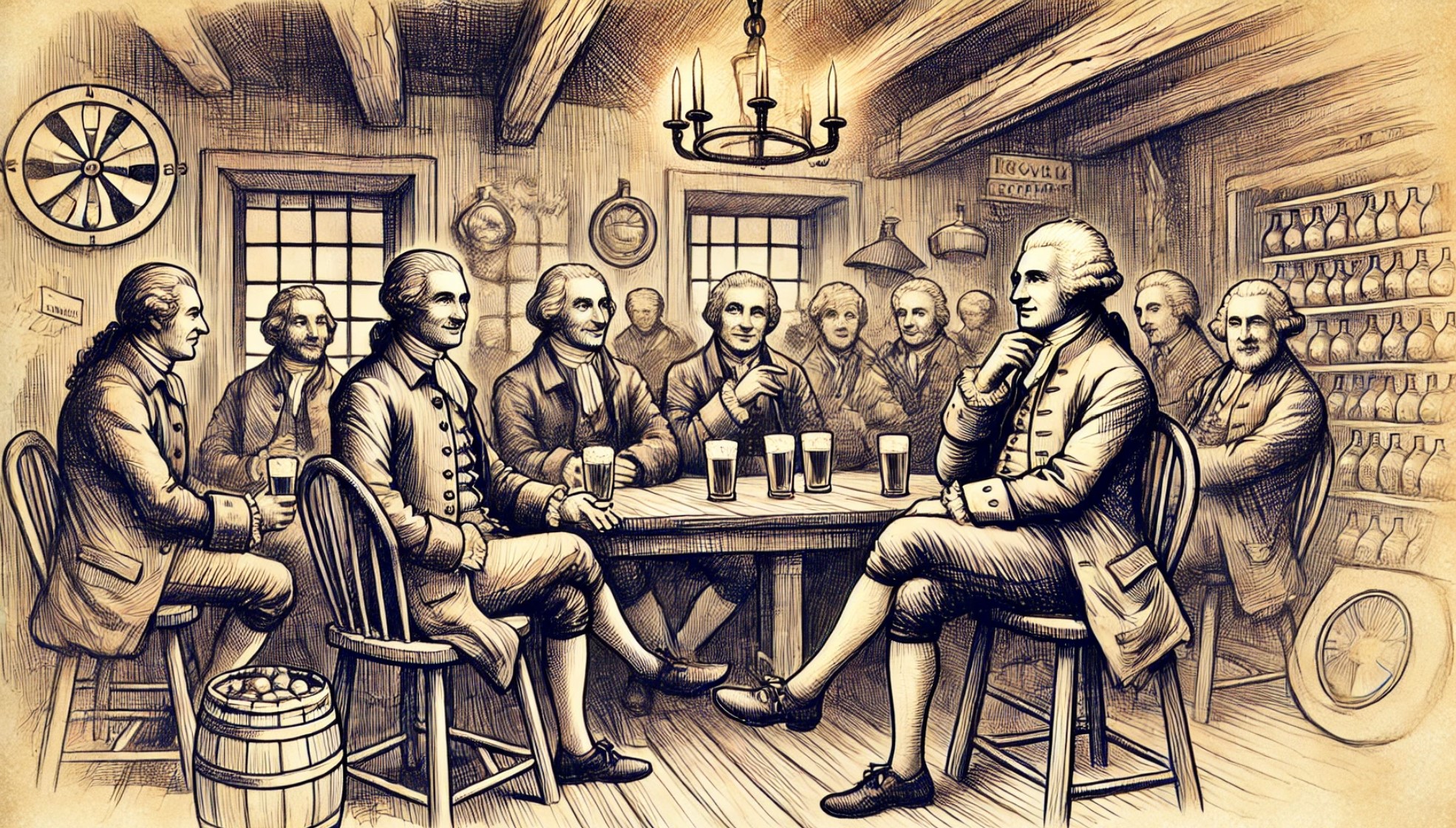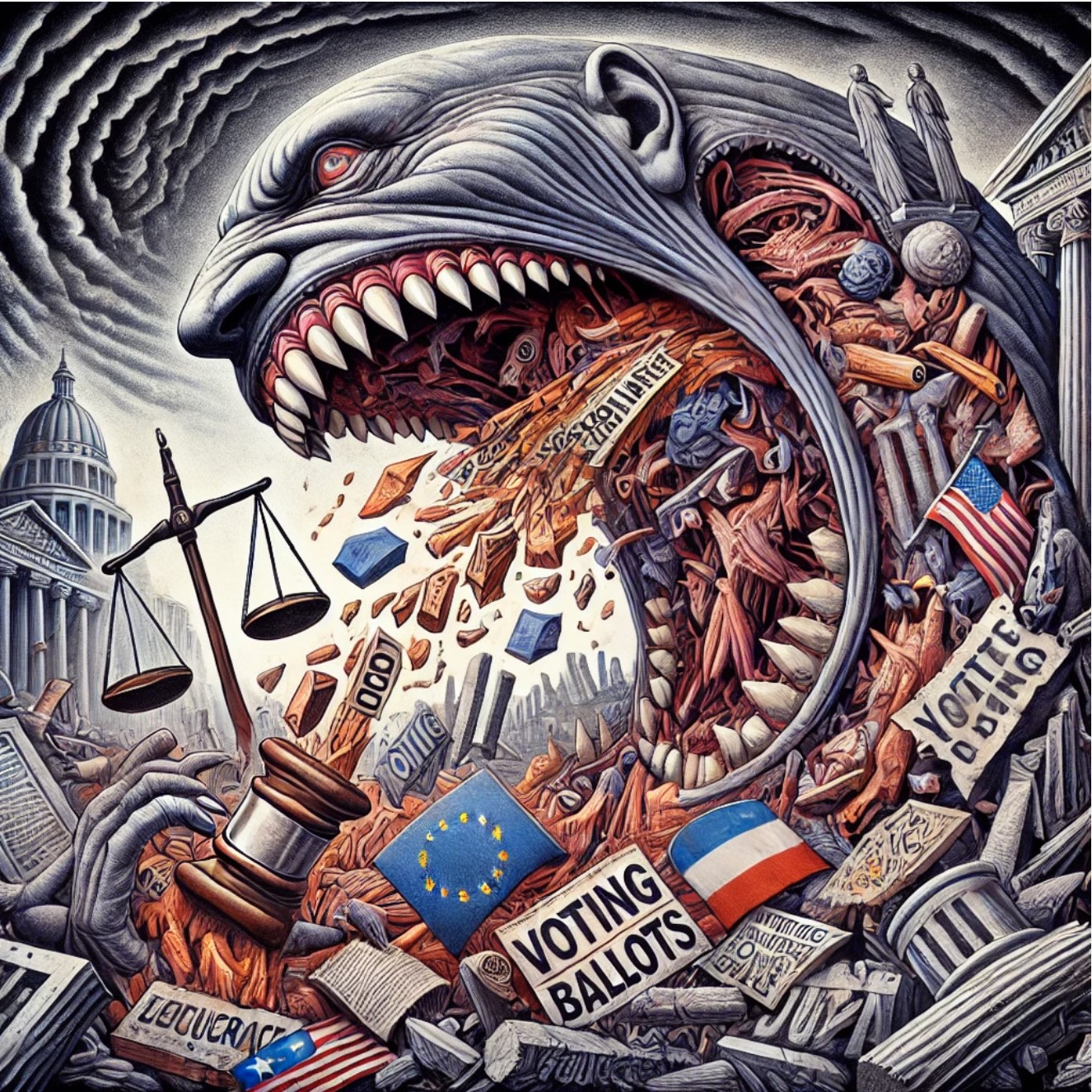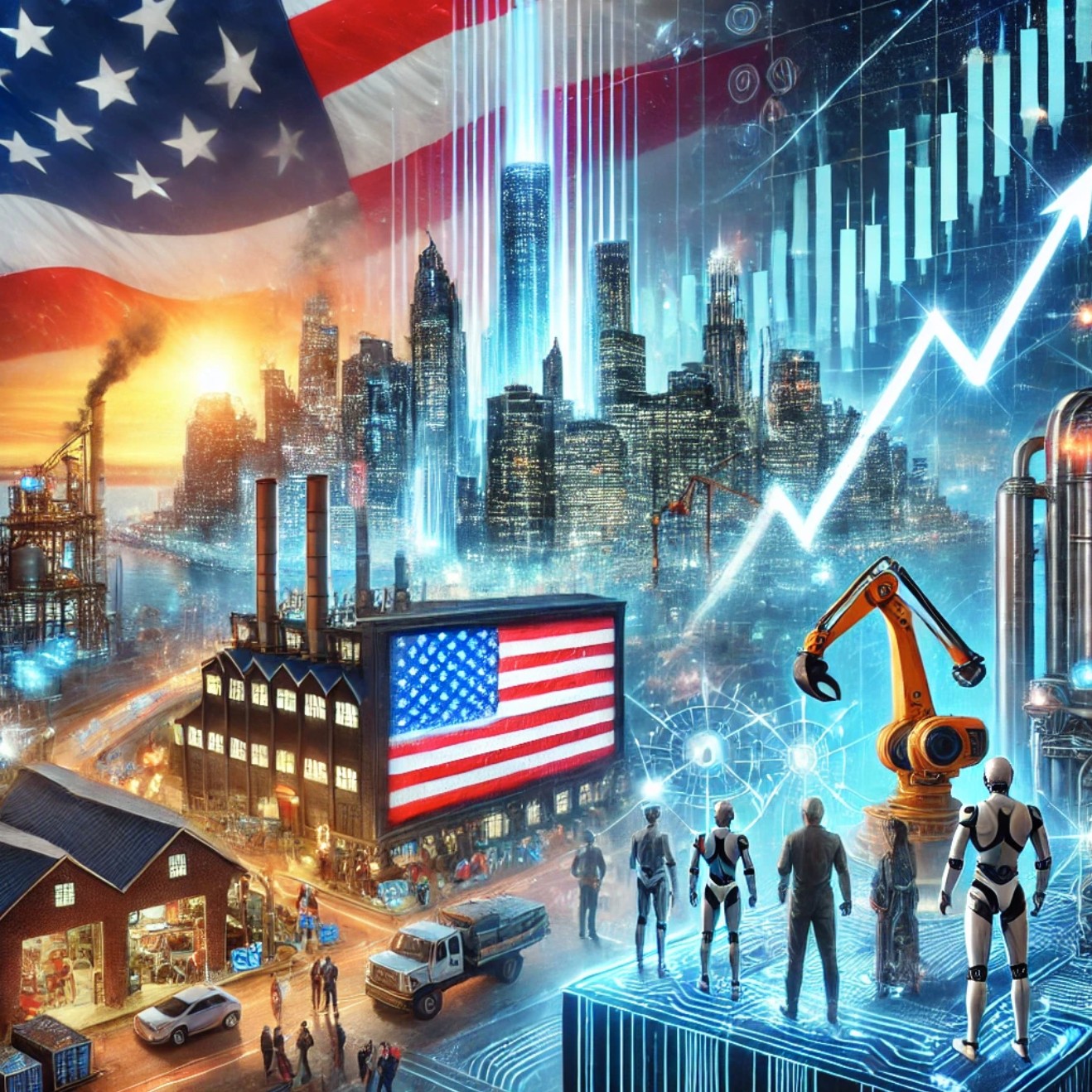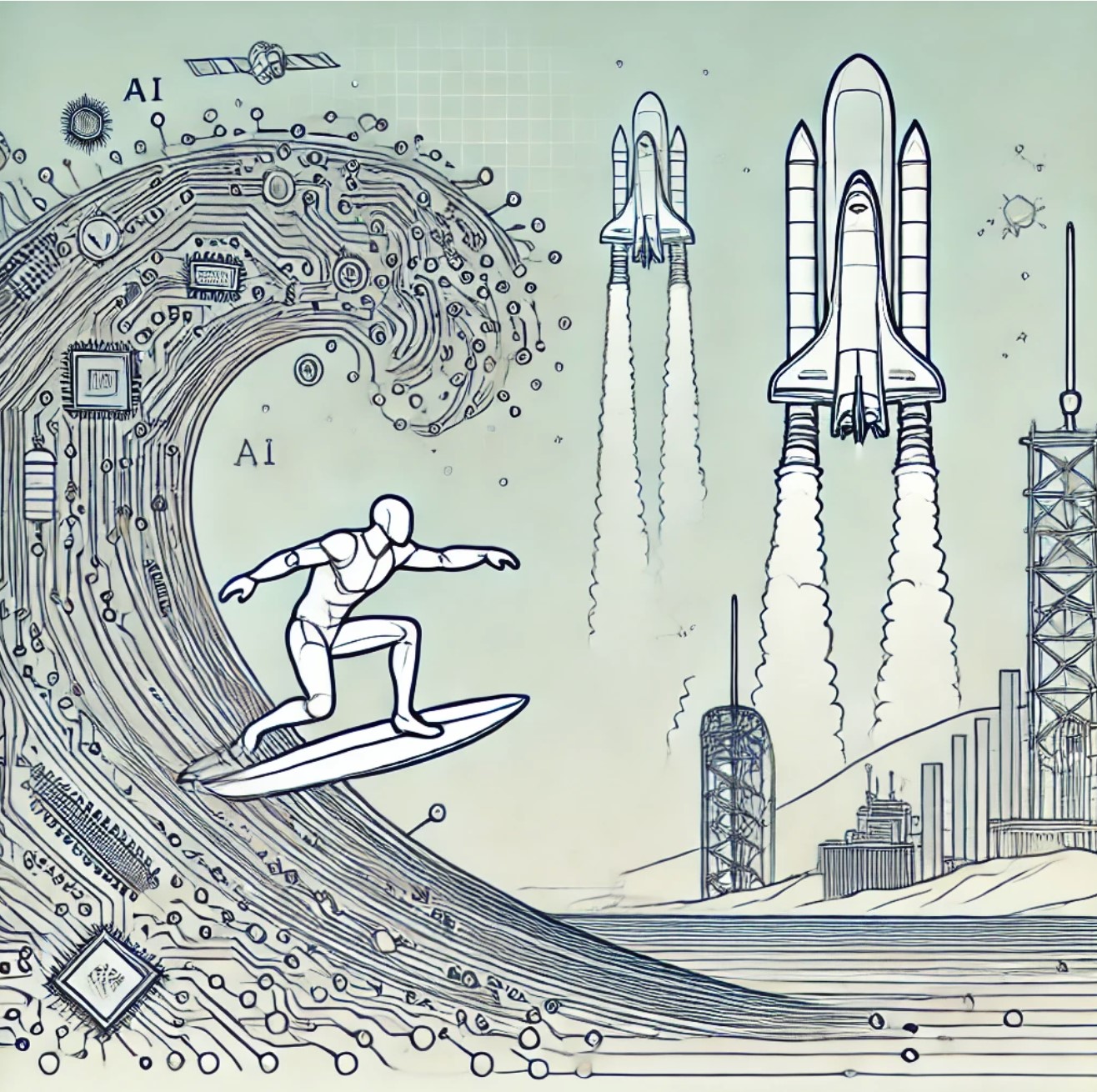
Riding Innovation’s Sixth Wave
In 1764, an Englishman named Ralph Taylor purchased three cottages in Lancashire, England.
They sat alongside a tributary of the River Irk.
Taylor exploited this location to convert those cottages into the first water-powered cotton mill in history.
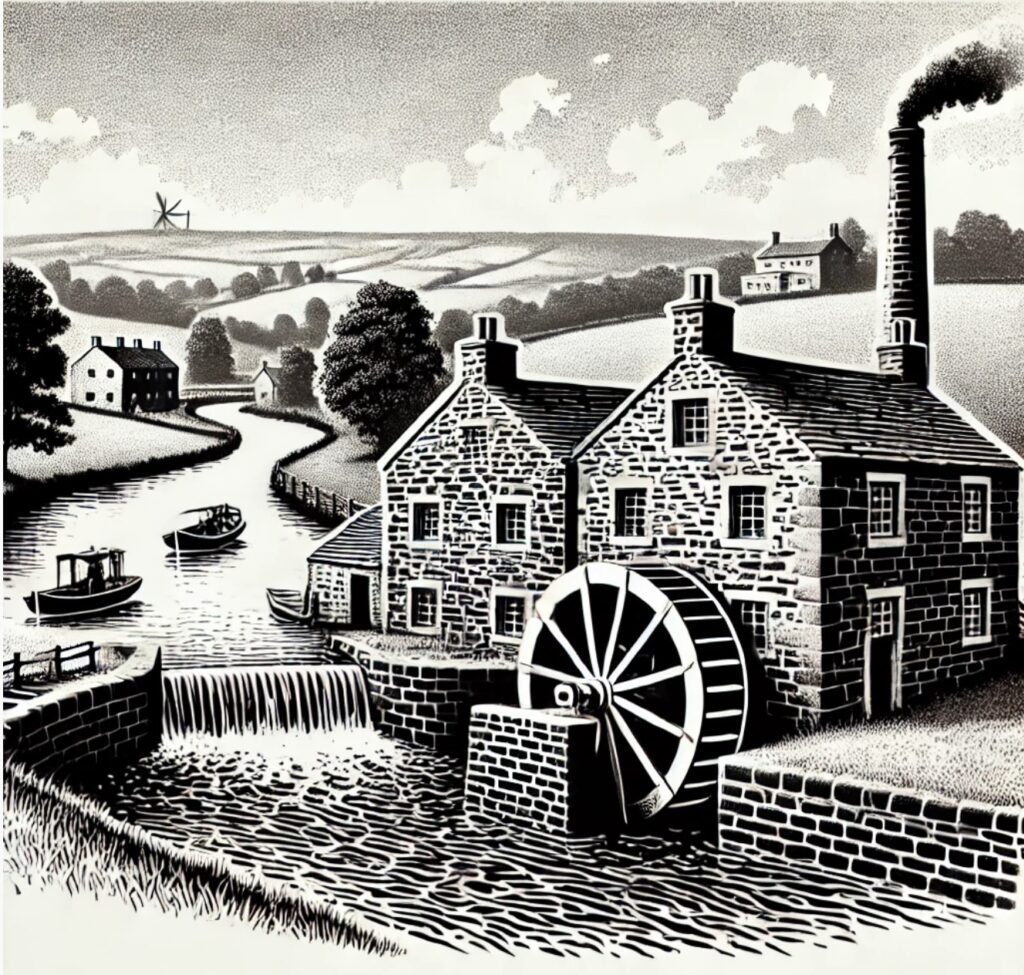
But it took more than waterpower to make his investment pay.
He leaned on several cotton textile innovations from the previous decades, which all started with the invention of the flying shuttle in 1734.
The mill also benefitted from its proximity to the Bridgewater Canal. Carved out of the countryside in 1761, this crucial infrastructure connected the Lancashire region to the surrounding coalfields, making the entire area attractive to this new thing called “industry.”
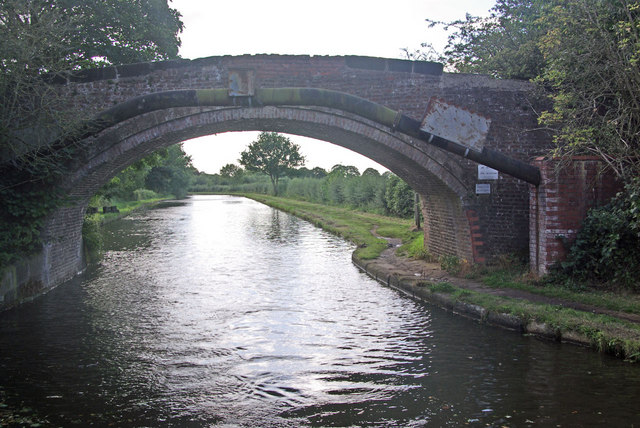
Plus, he must have picked up a thing or two from the owners of the Soho Manufactory. They opened shop on that same Canal the year following its completion. And many historians credit them as the first businessmen to implement the assembly line process.
In fact, consider his “first of its kind” mill more a feat of synthesis than invention – one that depended on a series of prior advances. Advances that not only made a water-powered cotton mill possible but inevitable.
Ralph Taylor simply got there first.
Through this combination of invention, infrastructure, and process, history’s first significant wave of innovation began to build – the Industrial Revolution.
And as this wave crested over the next eighty years, so did prosperity.
Each Wave Building on the Last
Waterpower. Textiles. Iron foundries. These and other advances pulled in farmers from the countryside as employment and entrepreneurship flourished in newly booming cities (the population surrounding Taylor’s mill leaped nearly 10-fold during this period).
Once this first wave ran its course, a second wave came around to replace it – this one pushed higher through advances in steam power, steel manufacturing, and railroads.
It also gave us the Gilded Age as invention and opportunity compounded to send economic growth and wealth creation to levels far beyond anything in human history up to this point.
That Gilded Age ended in 1900. Humanity has since benefitted from three more waves of innovation, each leaping higher and unfolding faster than those that preceded (like a slowly creeping precursor to exponential change).
We’re now in the early stages of a Sixth Wave of innovation. One that builds off the previous information age and plows new ground for revolutionary technologies.
AI. Robotics. Advanced material design. Renewable energy. These advances sit squarely in the “economically viable” zone. And with critical breakthroughs in battery tech on the horizon, we can all soon expect to get from point A to B in that flying car we all watched George scoot around in on the Jetsons.
I know it’s hard to see that wave when you take a look around.
Israel’s military actions in Gaza over the last year evolved to include war with Lebanon and now Iran. Weaponized democracy will sow geopolitical turmoil no matter who wins November’s elections. And The Great Fall of China could drag the U.S. into recession no matter how strong our economy looks–we’ve crossed the line that leads to recession, after all.
But you invest today to ride the waves in the future.
There have been many wars, political turmoil, and collapsed economies since Ralph Taylor bought those riverside cottages. And not a single one of those events had enough power to stop those waves of innovation from cresting.
Heck, who can be pessimistic when you watch two Falcon Heavy rockets land side by side?
Space X builds new Raptor engines, which power the Falcon Heavy rockets, at the rate of one per day. So, you can add the commercialization of space to the list of innovations lifting the Sixth Wave by building on the past.
I’ll always tell you how things look to me. Part of the picture includes the mess and muddle of economic realities and chaotic scenarios.
But today’s innovations promise massive leaps in opportunity and prosperity.
It’s inevitable, like all the waves of the past.
And riding that wave means holding on for the ride today.
Think Free. Be Free.
Don Yocham, CFA
Managing Editor of The Capital List
Related ARTICLES:

The Holy Trinity of Growth
By dustin
Posted: February 7, 2025
The War for the American Way
By dustin
Posted: February 7, 2025

Draining the Moat
By dustin
Posted: February 2, 2025

Deep-Sixed AI Dreams
By dustin
Posted: January 28, 2025

Getting AI to Hyperscale
By dustin
Posted: January 8, 2025

The Disruptive Power of Choice
By dustin
Posted: October 11, 2024

Riding Innovation’s Sixth Wave
By dustin
Posted: October 3, 2024
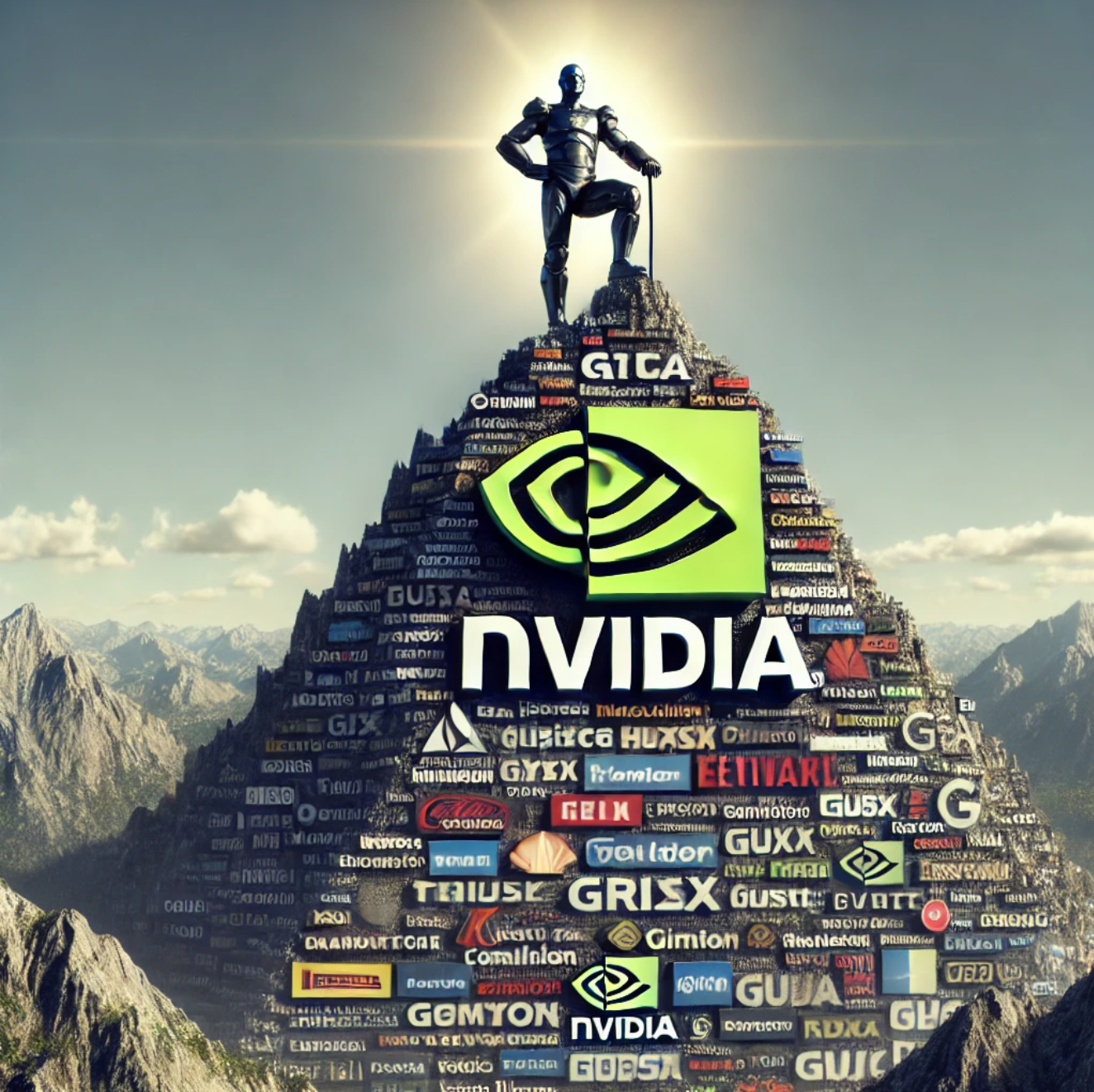
NVIDIA: The Real 1%
By dustin
Posted: September 5, 2024
FREE Newsletters:
"*" indicates required fields

